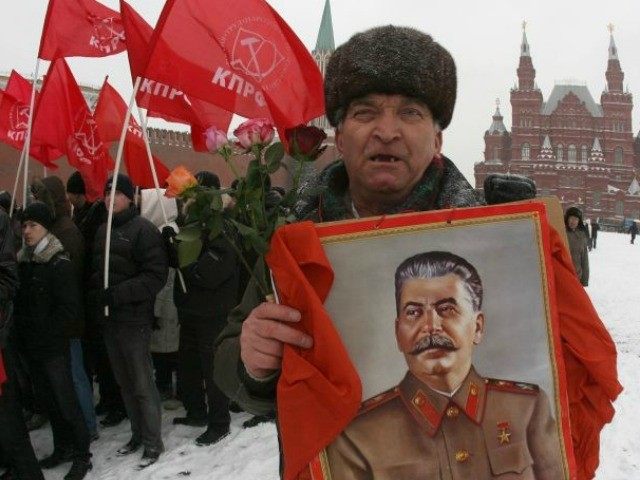The Russian government has added questions on the Ukrainian peninsula of Crimea and the legacy of Josef Stalin to its already rigorous exam for any migrant seeking residency permits. The exam includes questions on “Russian history, language, and civics.”
Starting in July, the foreigners “must, for instance, name the Ukrainian peninsula of Crimea as the region that ‘was joined to’ Russia in 2014.” Another question requires people “to name Josef Stalin as the man who led the Soviet Union to victory in the Great Patriotic War.” Migrants must know at least 1,250 Russian words. The previous number was 900.
In order to pass, foreigners must score at least 60 percent.
The government did not release any reasons why they decided to change the test. It was first introduced in 2012 to crack down on immigration. In January, Russia contained over “10.9 million foreign passport holders.” Russia’s economy is in a free fall, but as Al Jazeera points out, the events in Ukraine could very well be the main reason why they changed the test:
The new residency test fits with the Kremlin’s far-reaching efforts to promote its narrative on the events in Ukraine. Last year the Education Ministry introduced a program called We Are United that provides slide presentations and lesson plans for schoolteachers that emphasize Crimea’s historically Russian character.
The program also explains that Putin acted amid the “increasing political instability and criminalization of the situation” in Ukraine, which led Crimea to hold a referendum “in full compliance with democratic procedures and rules of international law,” according to the ministry’s website.
Russian President Vladimir Putin annexed Crimea in March 2014 after Ukraine ousted Russian-backed President Viktor Yanukovych. At the time, Russia claimed the uprising in Crimea was organic, but Putin admitted in a recent documentary that Moscow put together plans to take over Crimea days before Yanukovych left. The United States, the European Union, and NATO all condemned the annexation and issued sanctions among Russian officials.
“The Russian government very much wants its own people to know its preferred version of history, and now it seems they want foreigners to know it too,” claimed Derek Bloom, an American lawyer who lives and practices law in Russia.

COMMENTS
Please let us know if you're having issues with commenting.